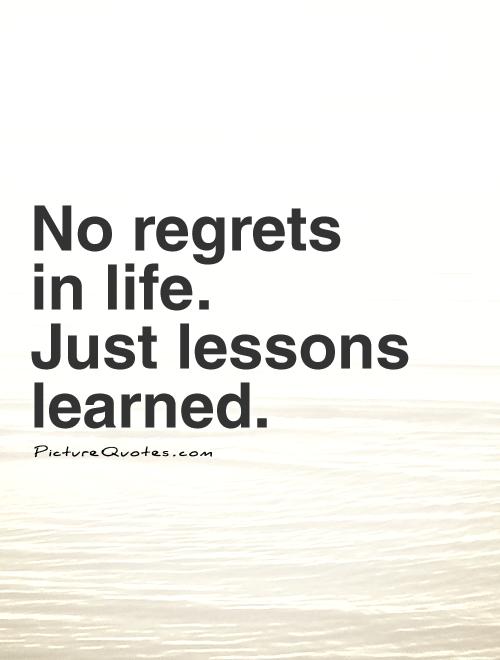
1/19: I wish the 50-year old me could go back and give some “tough love” advice to the younger me. I’m not sure I would have listened, but maybe someone out there in the #startup ecosystem will.
Here are 8 pieces of hard earned wisdom that might serve you well:
Here are 8 pieces of hard earned wisdom that might serve you well:

2/19: Lesson 1: Don’t optimize for autonomy. When you’re in the first third of your career, what matters most is learning as much as possible as quickly as possible through direct experiences. It will set the foundation for a 40+ year career.
3/19: Too many 22-year olds want to optimize for fun or for mission. The advice I’d give is to optimize for learning. Reporting to an experienced operator and working with a talented team allows you to learn from others rather than teaching yourself.
4/19: Solving for your boss and the people you’ll be working with on a day-to-day basis is more important than freedom. The 2nd sounds more fun but the 1st is more valuable.
5/19: Lesson 2: Define your superpower early on. While it’s important to be competent across many dimensions, being exceptional at one is how careers are made. Why? Because opportunities arise where only the top draft pick gets selected.
6/19: But superpowers don’t always emerge on their own nor are they always obvious to people around you. Defining what you want your superpower to be allows you to focus on it, talk about it openly, and self-select into opportunities that reinforce it.
7/19: Lesson 3: When you piss someone off you only have a few hours to make things right. It can’t be expected that co-workers see eye-to-eye all the time, but there are times that disagreements stop being about sharing opinions and start being about “I’m right and you’re wrong”.
8/19: Aware people can tell when a conversation or meeting takes a bad turn and one or more people leave very upset. A huge piece of advice: You don’t have much time to address the situation before the offended person locks in a view that you’re a jerk.
9/19: If you admit that the conversation went awry, apologize, and then offer to re-boot the conversation with an open mind, you can reverse what otherwise could turn into a poisonous relationship. If you wait too long, the relationship could be permanently tainted.
10/19: Lesson 4: Help others first. This is a very counter-intuitive piece of advice for alpha-type personalities, but I’ve learned that helping others succeed is the best way to get noticed. You only have one voice and using it to sing your own praises will often backfire.
11/19: But when you help others succeed by prioritizing their needs over your own you’ll build an army of supporters. And an army is louder and has more power than any individual. Don’t worry – you’ll find ways to get your own work done even after putting others first.
12/19: Lesson 5: Focus on building the skills to do big things rather than what it takes to climb one rung. It can be frustrating to look at people one level up in an organization and feel like you’d do a better job than many of them. This is natural but unproductive.
13/19: Instead of spending your time proving that you’re better than the worst person one level up, you should put energy into building the skills to do what your boss’s boss does. Your mind will be clearer, your attitude will be better and you’ll ultimately get there faster.
14/19: Lesson 6: Edit how often you talk and what you say. Maximize the impact rather than the quantity of what you say and over time people will seek out your advice. It’s not about being heard on everything. It’s about being taken seriously on the big things.
15/19: Lesson 7: Learn how to be a good soldier. There will be many times in your career that you won’t agree with a course of action. The black belt skill is knowing when to put aside your own opinions and execute someone else’s plan to the best of your ability.
16/19: It starts by being open to the possibility that the plan might work. And whether or not it does, flawless execution paired with a servant’s mentality will get noticed which sets the stage for more responsibility and bigger things in the future.
17/19: Lesson 8: Seek out advice. Learning how other people think and approach problems is the best way to build up a toolbox of frameworks. Discussing real problems with talented and trusted people will expand the aperture of what you think is possible.
18/19: Internalize that asking for advice isn’t weak, it’s actually a strong move. All great leaders do it. Surrounding yourself with great advisors maximizes the chances that you’ll surface the best solutions.
19/19: I’d love to hear what business lessons the #startup Twittersphere has. Retweet the first post with your own advice and I’ll collate the responses into an in-depth Blog post soon. I bet it will be a fun read!
• • •
Missing some Tweet in this thread? You can try to
force a refresh







